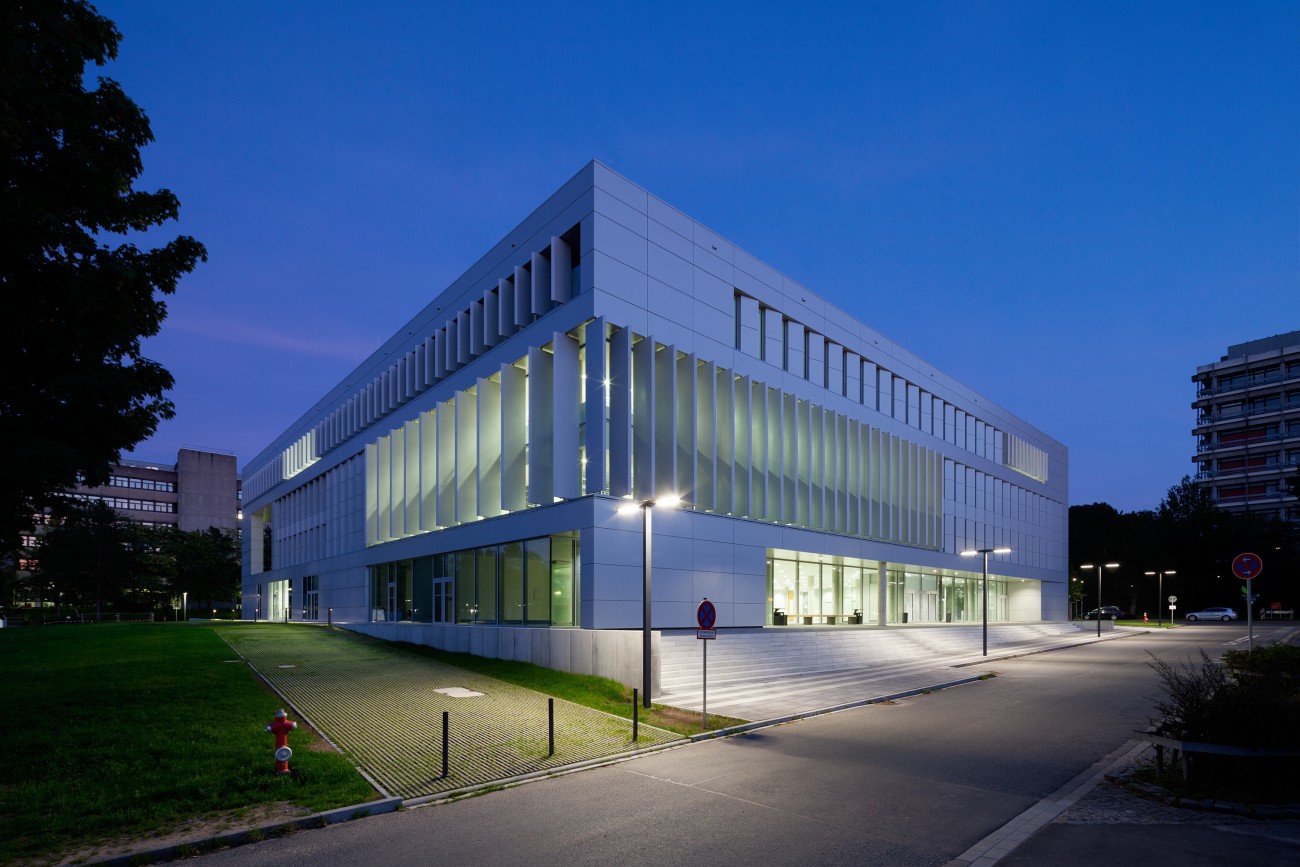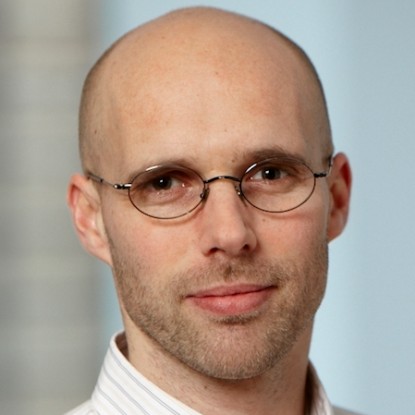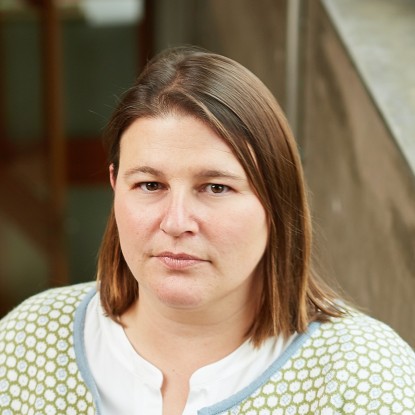Graduate school Life Science Engineering
Fruitful combination of life sciences and engineering
The graduate school Life Science Engineering broadly links the natural and engineering sciences. Researchers from the fields of chemistry, biology, physics, mechanical engineering, material sciences, electrical engineering and information technology as well as civil and environmental engineering are committed to this.
“The aim of the international graduate school is to attract outstanding graduates with a degree in natural sciences or engineering to the TU Darmstadt and to create an attractive interdisciplinary research environment in the field of applied life sciences,” said Professor Harald Kolmar, Founding Member of the graduate school. "We offer excellent networking opportunities and numerous additional offers such as tailor-made courses as part of the doctoral program Ingenium or the financing of research stays abroad.
Open positions for interested applicants can be found here.
Basic research in the life sciences is advancing at a fast pace – the gains in knowledge are enormous. Chemical and biological molecules are designed and produced on the basis of engineering principles, and interventions in cells, cell populations and organisms are possible in order to control function, regulation or multidimensional behaviour in biological systems. This opens up new application options through the development of bioinspired drugs, materials, machines or processes.
For further information please visit the homepage of International Graduate School LSE.
Apply now for the Graduate School Life Science Engineering
Recommended external content
We have selected external content from YouTube for you and would like to show it to you right here. To do this, you must reveal it with one click. You can hide the external content at any time with another click.
I agree to external content from YouTube being shown to me. This may result in personal data being transmitted to third-party platforms. You can find more information in our Privacy Policy.





